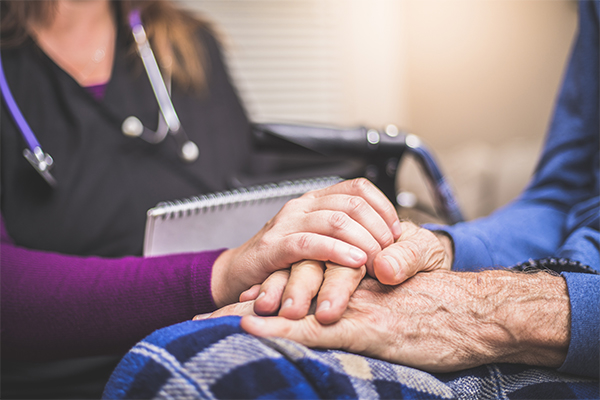
St. Petersburg, FL home care provider, Generations at Home provides senior mental health tips.
In one’s older years, it is common to be dealing with sleeping problems, fatigue, or loss of appetite. And frequently, they’re written off as exactly that. Yet, for as many as 8 million seniors over age 65, these symptoms are indicative of something significantly more than normal aging – they’re signs of mental illness. And just a small percentage of seniors are finding the available treatment that could considerably improve their overall wellbeing.
Mental illness is frequently unnoticed in seniors, for a variety of reasons. For a few, there’s a stigma attached to admitting to and trying to find help for mental and emotional concerns. For other individuals, the assumption is usually that the common signs and symptoms of mental illness and aging go hand in hand and ought to simply be accepted. And sometimes, mental illness symptoms mimic medication side effects.
Whatever the case, it is necessary for family members to locate medical care when they notice some of the following types of behaviors in their senior family members:
- Anxiety
- Personality or mood changes
- Changes in desire for formerly enjoyed activities
- Sleeping too much or not enough
- Changes in eating patterns
- Difficulty with concentration and memory
- Depression
Unfortunately, merely 7 percent of seniors age 65 and over who most likely have some type of mental illness are receiving treatment, as indicated by a report by the American Journal of Geriatric Psychiatry.
Dr. Susan W. Lehmann, clinical director of the division of geriatric psychiatry and neuropsychiatry and director of the Geriatric Psychiatry Day Hospital at the Johns Hopkins University School of Medicine clarifies, “Indeed, compared with younger adults and middle-aged adults, adults over age 65 were much less likely to be asked by their primary care physician if they felt tense or anxious and were much less likely to be referred by their primary care physician for mental health specialty care.”
Fortunately, you can find effective treatment options for mental illness in older seniors. The first step would be to consult with the senior’s primary care physician, who can recommend the best medications and/or therapeutic options to consider. Generations at Home is also able to help by escorting the older adult to medical appointments and counseling visits, picking up prescription medications and providing reminders, and serving as a caring companion to share in conversations and to pick up on any changes that could indicate the necessity for further assistance. Give us a call at 727-940-3414 or contact us online to learn more.







